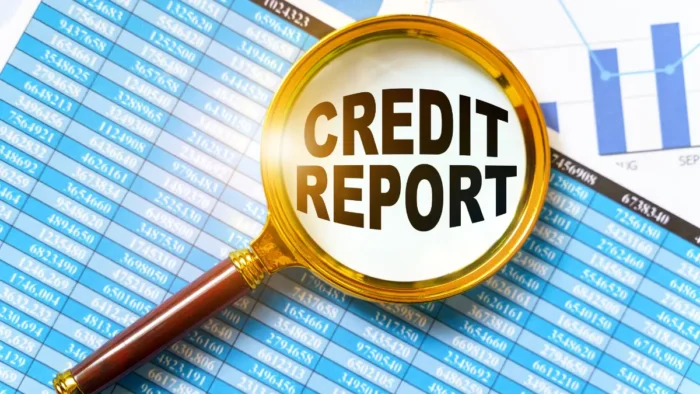Navigating the maze of finance and credit can be challenging, particularly for small business owners seeking to expand their operations. A vital component influencing a business’s financial journey is its credit report.
Only a few years ago, understanding the credit health of your business might have seemed elusive. Now, a Credit Score Check offers clarity about your credit report, elucidating your business’s financial health.
If you’re looking to decipher credit reports and empower your small business, keep reading for essential insights on understanding and enhancing your business’s credit health.
Understanding Credit Reports
Credit reports act as financial report cards for your small business, offering a detailed view of your company’s financial conduct. Deciphering these details can clarify your current standing and how to improve.
Here are the main components of a credit report you should understand:
- Open Lines of Credit: These include various types of credit, such as business credit cards, loans, or lines of credit. Managing these wisely is essential as the number and type can sway your credit score.
- Payment History: Payment consistency is a crucial factor credit bureaus take into account. Regular, punctual payments boost your reputation as a dependable borrower. However, late or missed payments can have harmful effects on your score.
- Outstanding Debts: Also known as the amount you owe, this is a significant factor in your credit score calculation. It includes everything from credit card debt to outstanding loans. Keeping your debts low shows you’re managing your credit responsibly, which boosts your creditworthiness.
Besides these fundamentals, your credit report will also contain details of any bankruptcies, lawsuits, or tax liens against your business. These public records can tarnish your report for several years.
The Significance Of Credit Reports in Business
Credit reports aren’t mere financial documents; they’re the lifeblood of your business’s financial credibility. Here are some key reasons why these reports are critical:
- Access to Financing: Credit reports are a primary tool for lenders assessing your creditworthiness. When seeking loans or lines of credit, a positive credit report can substantially improve your chances of approval.
- Loan Terms: The terms of loans, including interest rates and repayment terms, often depend on your credit report. A good credit score typically results in favorable loan conditions, while a poor one could lead to higher interest rates or even outright denial.
- Business Relationships: Beyond loans and credit, your credit report can influence relationships with suppliers, potential business partners, or investors. These parties may examine your report to ascertain your business’s financial stability, impacting your partnerships and potential deals.
Remember, in the world of business finance, your credit report speaks volumes about your business’s financial health.

Reading Your Credit Report
After understanding what credit reports are and their significance, knowing how to interpret them is essential. When reviewing your report, pay attention to these critical areas:
- Identifying Information: The report’s top section contains your business’s identifying information, including your company name, address, and industry classification. Verifying this information for accuracy is critical, as errors can cause confusion or misrepresentation.
- Credit Summary: This section provides a snapshot of your credit status, showcasing your open and closed accounts, balances, and payment history. You’ll also see a list of your creditors and the types of credit you have.
- Public Records: This area reveals any judgments, liens, or bankruptcies tied to your business. These serious entries can substantially impact your credit score.
- Inquiries: This section lists all entities that have requested your credit report, including hard inquiries (which can affect your credit score) and soft inquiries (which don’t impact your score).
By staying informed about your credit report, you can work towards a strong credit profile, always prepared for a credit score check.
Strategies For Improving Your Credit Score
Enhancing your credit score isn’t an instant process, but with persistent efforts, you can bolster it over time. Here’s how you can propel your credit score:
- Pay Your Bills On Time: Your payment history significantly shapes your credit score. Ensure timely bill payments to maintain a healthy score.
- Lower Your Credit Utilization Ratio: The proportion of your credit limit you’re using—your credit utilization ratio—also impacts your credit score. Strive to keep this ratio below 30% for the best impact on your score.
- Limit New Credit Applications: Applying for too many new lines of credit can negatively impact your score. It’s best to only apply for new credit when necessary.
By implementing these strategies, you can steadily improve your credit score. This journey requires patience and persistence, but the rewards justify the effort.
Conclusion
Understanding your credit report and actively striving to improve your credit score are critical steps for your small business’s financial health. Knowledge is power, and armed with this information, you’re well-prepared to make decisions that can solidify your financial standing. Regularly review your credit report, correct any inaccuracies, and consciously make decisions to enhance your creditworthiness.





